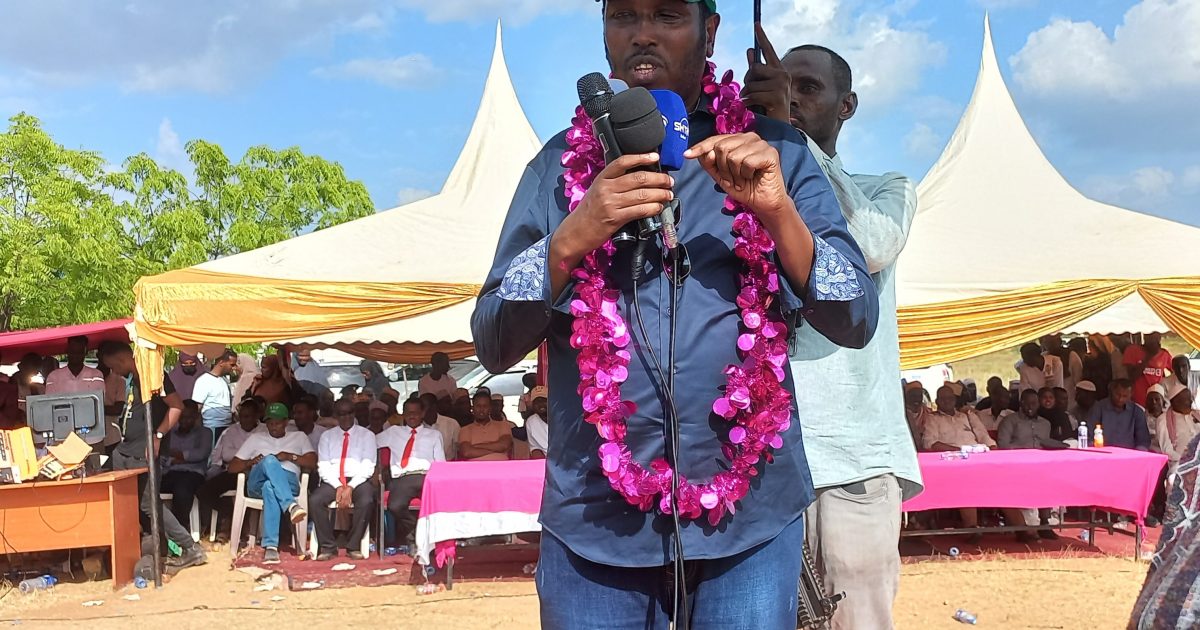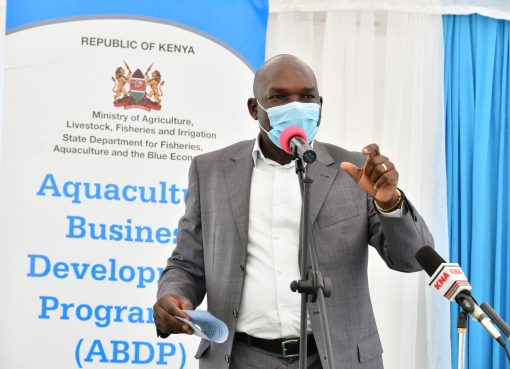Fafi member of parliament Salah Yakub has launched a zero-fee program for all secondary schools in his constituency in a bid to boost the 100 per cent transition from primary to secondary schools.
The move also aims at increasing secondary school enrolment, which will further increase the schools’ capitation funding by the government and enhance teacher posting, thus improving access to education.
Speaking at Nanigi Secondary School, where he distributed uniforms, boxes, mosquito nets, and other assorted equipment to students joining Form One in Fafi Constituency, Yakub further added that in the course of next week, he will introduce a milk program where all local primary school pupils will be receiving two packets of milk per school day.
The MP who also presented fee payment cheques for secondary school students to their principals, noted that no student in his constituency will be sent home for fees.
“For us to get the rightful share, we have to increase school enrollment so that we compete favourably with schools from other parts of the country. This is why I found it worth starting this program for the second consecutive year, with a view to ensuring no student is sent home for fees,” he said.
Yakub also urged the government to improve security in the region, especially for teachers in Fafi which has been experiencing frequent attacks by the Al Shabaab terror group.
Fafi deputy county commissioner Thomas Bett, who was also present during the event directed all chiefs and their assistants to ensure that all children in their areas jurisdictions are enrolled in schools.
Bett warned that stern action would be taken against any chief who would be found not implementing this particular government directive.
He further urged the residents to share with authorities any information on terrorists promising that prompt action would be taken.
Ijara MP Abdi Ali has also been running a zero school fee program, while the Garissa County government has been offering sponsorships for students pursuing teaching courses in a bid to find home solutions for the teacher shortage in the region.
Meanwhile, North Eastern leaders have embarked on a campaign to increase school enrollment for children in the region through school sponsorship programs.
By Erick Kyalo





